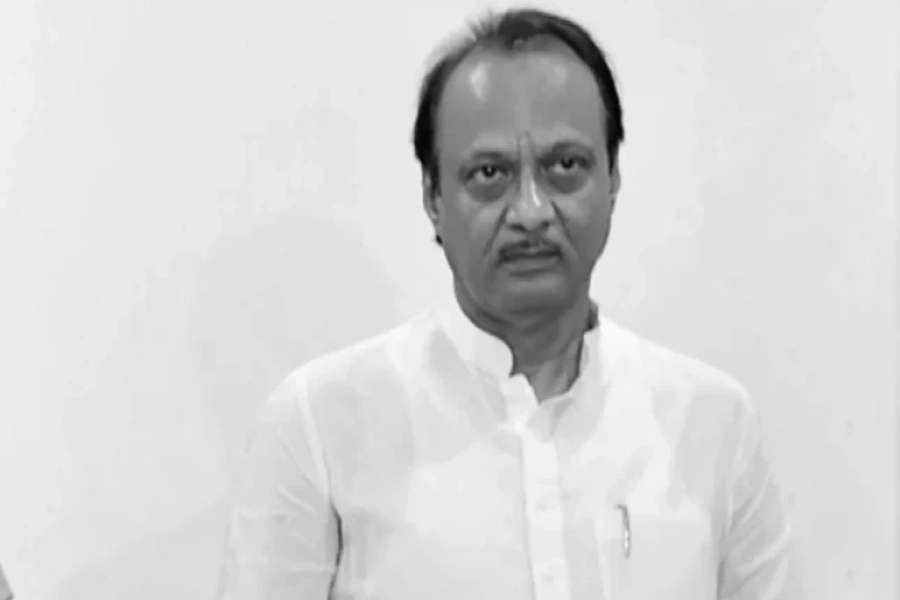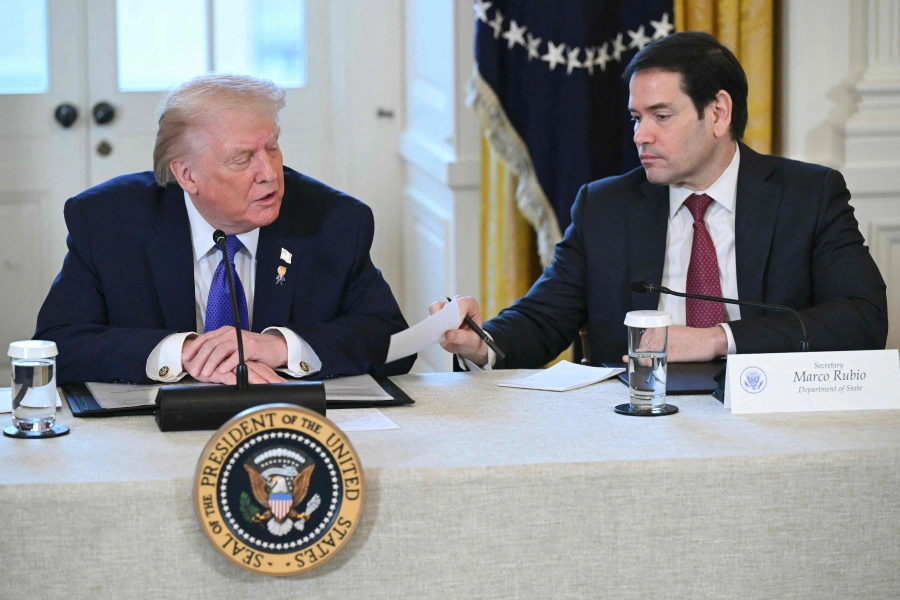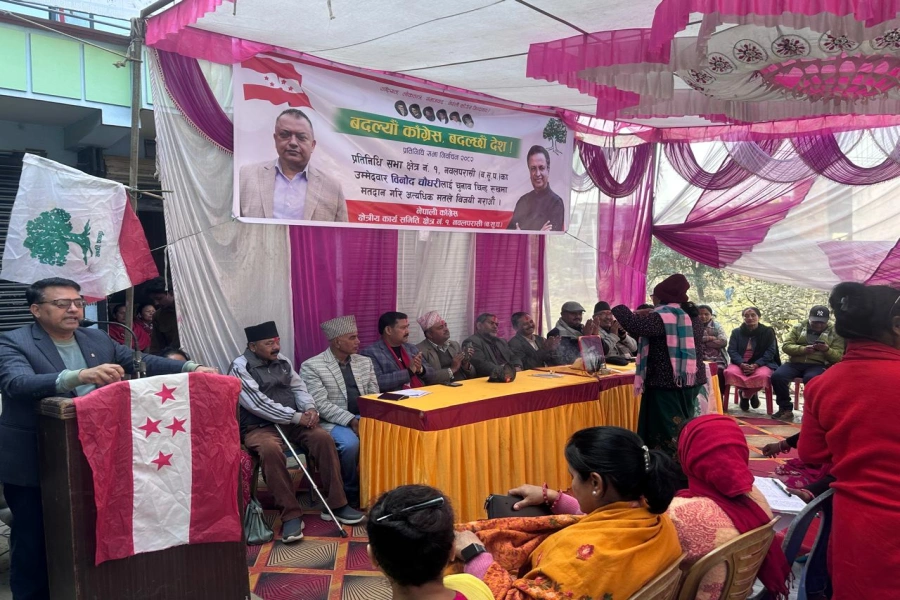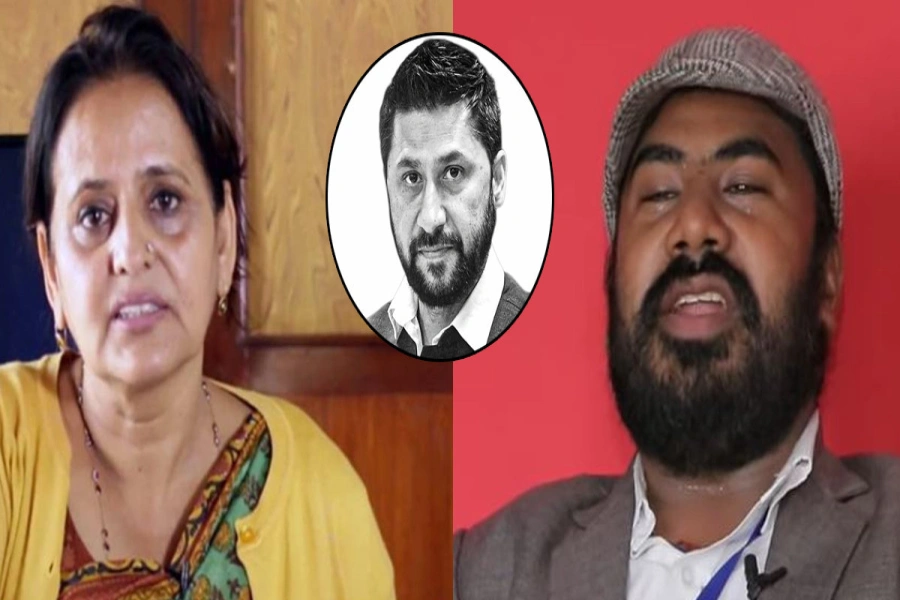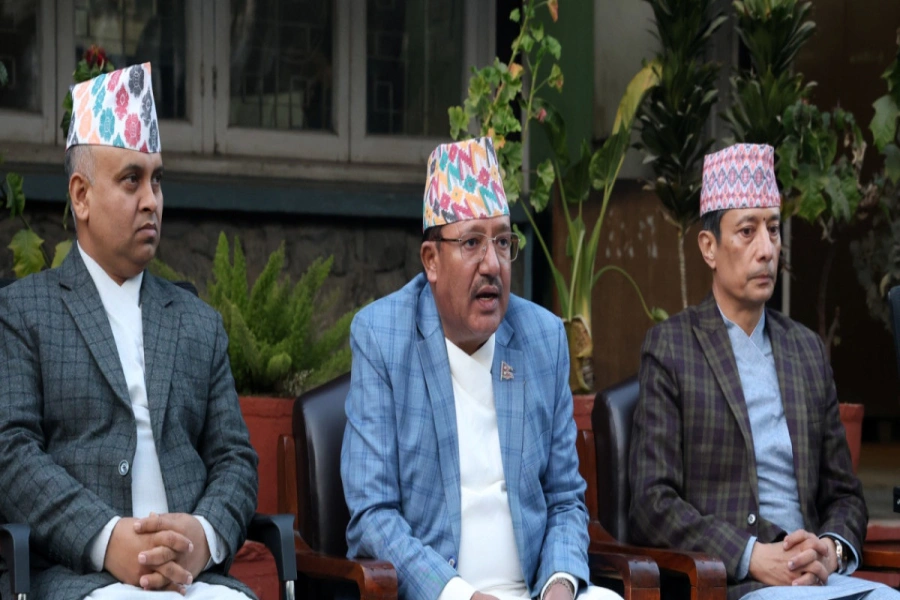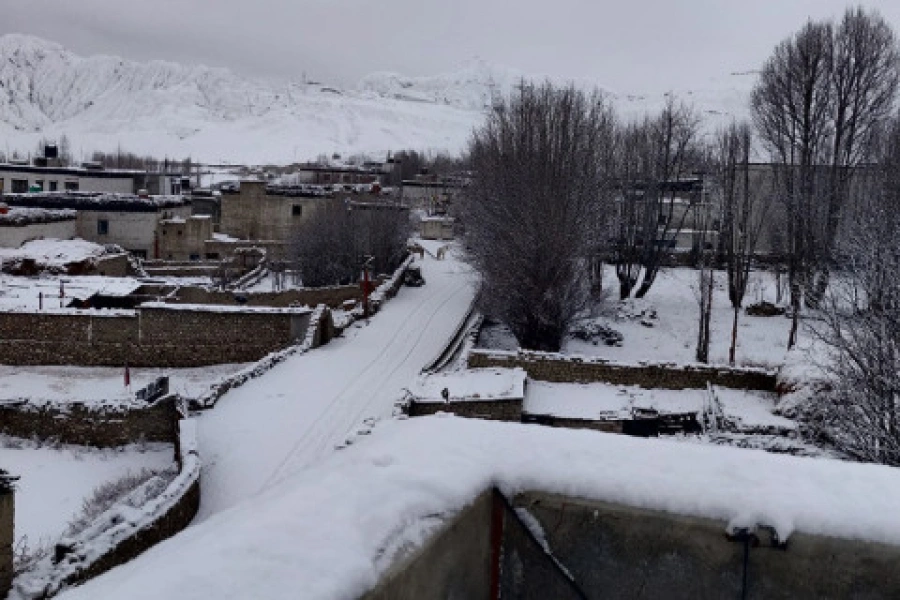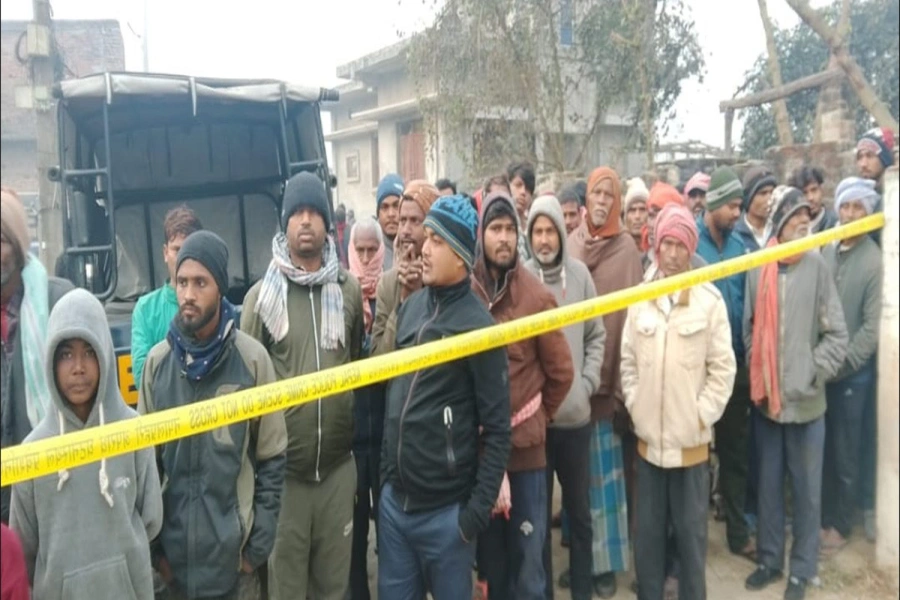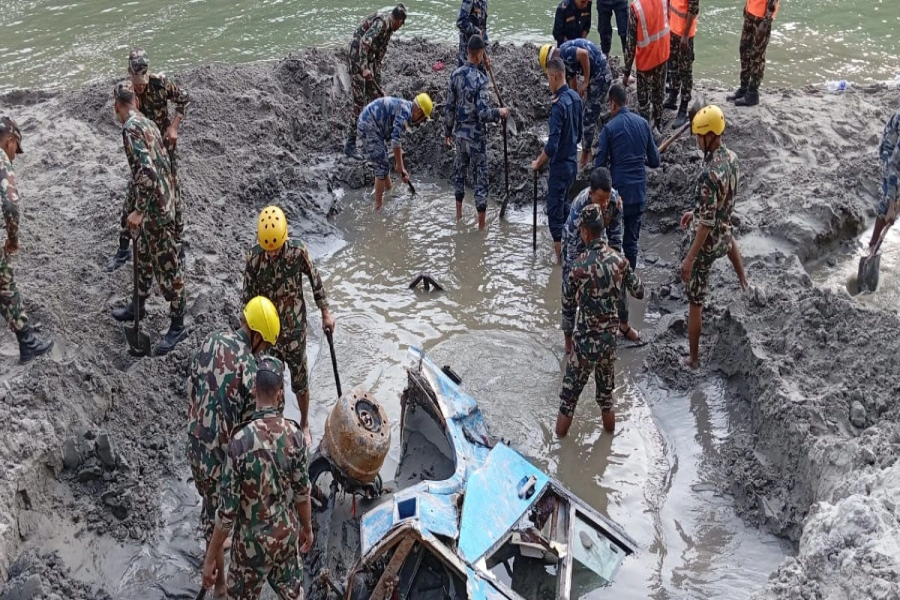KATHMANDU, April 27: To cripple a nation, one starts, above all, by launching a vicious assault on its education system. This is exactly what is happening in the present context of our country.
The ongoing teachers’ protest, the uncertainty surrounding the grade XII examination and the government’s reluctance to address pressing concerns with conviction and clarity are but only the visible cracks of the more lethal abyss that has gaped open in the heart of our democratic landscape. And this gaping hole, in one of its most surreptitious incarnations, rocked the nation’s education sector last week.
On Monday, for instance, Education Minister Bidya Bhattarai resigned from her position. Her unexpected decision unleashed an uproar of discontent among people, especially teachers, as she was considered a bridge between the agitating teachers and the government. “She understood us better,” said Uttam Oli, a teacher from Rukum West. “We were more optimistic when she was in office than we are now.” Indeed, Bhattarai had a solid background in the education sector. An educator herself, she had a good understanding of the issues at stake, and was setting her leverage at effective use to engage with the protesting teachers.
“We believe the government pressured Minister Bhattarai to resign,” said Yagya Bahadur Khadka, a member of the Confederation of Nepalese Teachers (CNT), while talking about the former minister of Education, Science, and Technology. “She herself was a professor and understood the concerns of the teachers better than anyone. We think the government is not willing to satisfy our demands.”
Leadership above management

Willing or not, the important thing here is not what the government desires, but what the country needs at the moment. Education is, after all, the foundation of any democratic state. If a country has a blooming literacy rate, then it can, if not in a year, then in any case over a decent period of time, tear through the darkness and lead the nation into the light of prosperity. For this reason, the leaders, over anything else, should prioritize the rigorous and systematic education sector. While modern equipment like well-equipped science labs are indispensable elements, a satisfied and skilled set of teachers is equally important.
One of the major demands of teachers is that their recruitment, promotion, and transfer should remain under the federal government. They argue that decentralized governance opens the way to political interference and favoritism, especially at the local level. Furthermore, they also want that temporary and relief quota teachers should be granted a fair pathway to permanency through internal competitive exams.
“We don’t understand why the government is taking so long to address our demands,” said Yagya Bahadur Khadka. “What we are asking is not anything big, or anything unnecessary. Meeting our demands will benefit the state itself. Better opportunities will help draw more capable teachers into government schools. This way students even in remote districts will potentially get access to good teachers.”
Bidya Bhattarai suffered such immense pressure that she had to resign from her post. This is a telltale indication that the government is deliberately unwilling to establish an agreement with the protesting teachers. “The current government doesn’t want to fulfill our demands,” said Prem Biswokarma, a teacher at the ongoing protest. “If they did so, then the private sector and the education mafia would be at loss. There is an intended effort to keep community schools in its degraded condition. These mafia have bought our politicians.”
Where education falls under the cold, calculative hands of business fiends, there is bound to follow uncertainty, rage and frustration. An echo of these numbing emotions swept through the nation on Tuesday, a day after Minister Bidya Bhattarai’s resignation, when two diametrically opposite decisions regarding grade XII exams followed one after another. Early in the morning, the National Examination Board (NEB) released a reassuring statement that the examinations would be conducted on the scheduled date with the help of civil servants.
Amid the chaos of speculations regarding its postponement, this news came as a respite while, of course, leaving a few bees of uncertainty abuzz: Will the civil servant agree? Has the NEB already talked with them? Though the morning statement offered a glimpse of an unshakeable Examination board, its empty words were evident by the afternoon after the civil servants disagreed to cooperate, forcing the NEB to postpone the examination to May 4.
“I feel quite unsure,” said Anish Thakur, a grade XII student, during a recent conversation. “I don’t feel convinced if the exams will start even from May 4.” His reservation is understandable. It is, after all, difficult to trust a system that offers two contradictory decisions just a day before the examination date. Besides, it is also important to take into account its psychological toll on the students. “I feel depressed,” Anish added. “I’ve prepared for the exam, but this uncertainty is encroaching on my other plans. I have to think about what I should do after +2. My plans for the future have become a victim of the government's inability to resolve its issues on time.”
Our politicians have become veterans of brushing aside their responsibility. The prime minister remains reluctant to address the issues of the teachers. No doubt, certain demands may not appear practically resolvable within a few days, but at least those legitimate ones that can be addressed and are, in the long run beneficial for the state, should be resolved before the nation begins to lose faith in democracy. “The government should have invited us long ago,” said Uttam Oli. “If they had only assured us that they would fulfill our demands, we wouldn’t have dragged the protest this long.”
It’s already late, but not too late of course, and the leaders should now engage in decisive dialogues with the protesting teachers. This ongoing situation, after all, is harming the students, who are the future of the nation, in the most damaging manner.




